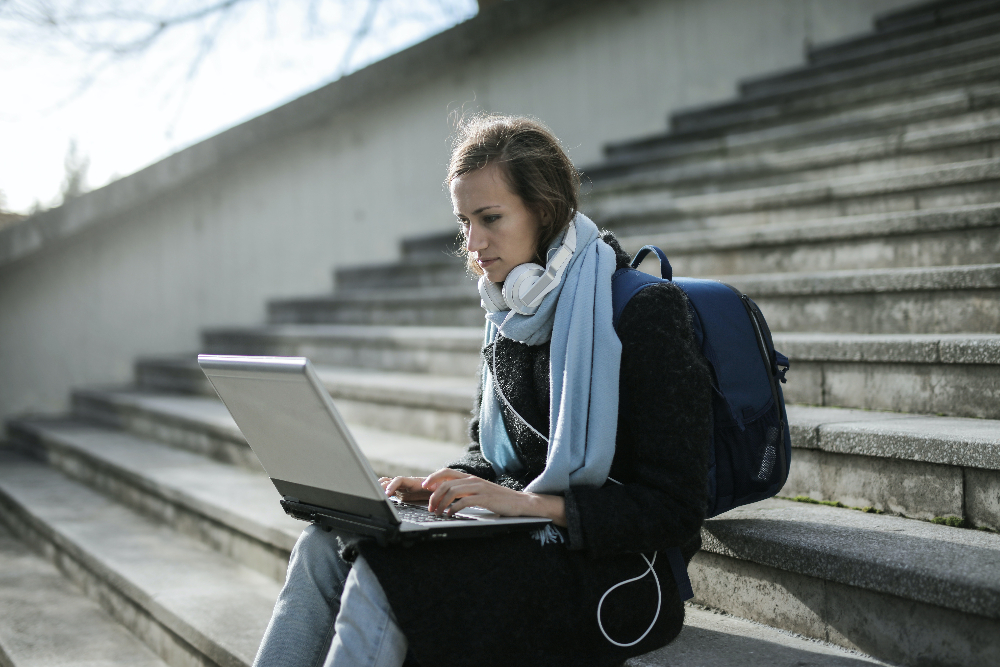Students are reporting higher levels of psychological distress after transitioning to online courses.
Many college courses transitioned to being online when the pandemic first hit. Students were forced to leave campus behind and, instead, interact with each other over the web. This abrupt transition, studies now show, negatively impacted students’ mental health. Between feeling isolated and lonely, and having to very quickly grasp a new learning format, many have reported that they’ve been struggling with depression and anxiety.
According to a new report published by JAMA Network, over 59,000 full-time undergraduate students averaging 21 years old who are seeking four-year degrees and taking online classes were found to experience higher levels of psychological distress. More than “68% of the students in the study were women, 51% White and 61% taking fully online courses.” The study analyzed self-reported survey responses from fully online, hybrid and in-person students with data coming from the American College Health Association-National College Health Assessment III. Level of psychological distress was also measured with the Kessler Screening Scale for Psychological Distress.
“The findings of this study suggest that mental health professionals may wish to consider the association of course delivery models with mental health outcomes when working with college students,” the report reads. “Colleges should be aware of the mental health burden associated with attending fully online classes and consider possible in-person components and supports for students.”

Nearly “10% of students in fully online courses” said they “do not socialize with friends at all during the week.” Online only students had the “lowest socialization levels.” It is especially important for young persons to have a peer support network to maintain mental health and well-being. This can seem nearly impossible to accomplish if they are not taking in-person classes. Because college courses are labor-extensive, they can consume much of a student’s time, making it difficult to find the time outside of school to visit with friends. Moreover, the pandemic has made many students fearful of doing so and, although it is impacted their psychological health, they’ve chosen not to for fear of contracting the virus.
The American Psychological Association reports that mental health conditions have increased drastically since the onset of the pandemic. In fact, the organization reports “more than 60% of college students met the criteria for at least one mental health disorder in the 2020-2021 academic year.”
To add to the concern, other recent studies have shown that spending an excessive amount of time online also contributes to a decline in mental health. If students are scouring their social media pages in between web-based courses, gaming virtually with friends or using the internet for other purposes, they are at high risk of developing a mental health issue. Unfortunately, most of today’s world is centered around web-based communications, so this is a problem that will likely continue to get worse over time.
“Depressive symptoms quadrupled in adults age 18 to 39,” according to the JAMA report, which reads further, “Although online classes may be simpler logistically and may minimize the risk of COVID-19 transmission, they also may increase the risk of negative mental health sequelae that should not be ignored.”
Sources:
Online courses linked to increased anxiety and depression, study finds


Join the conversation!